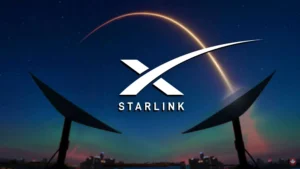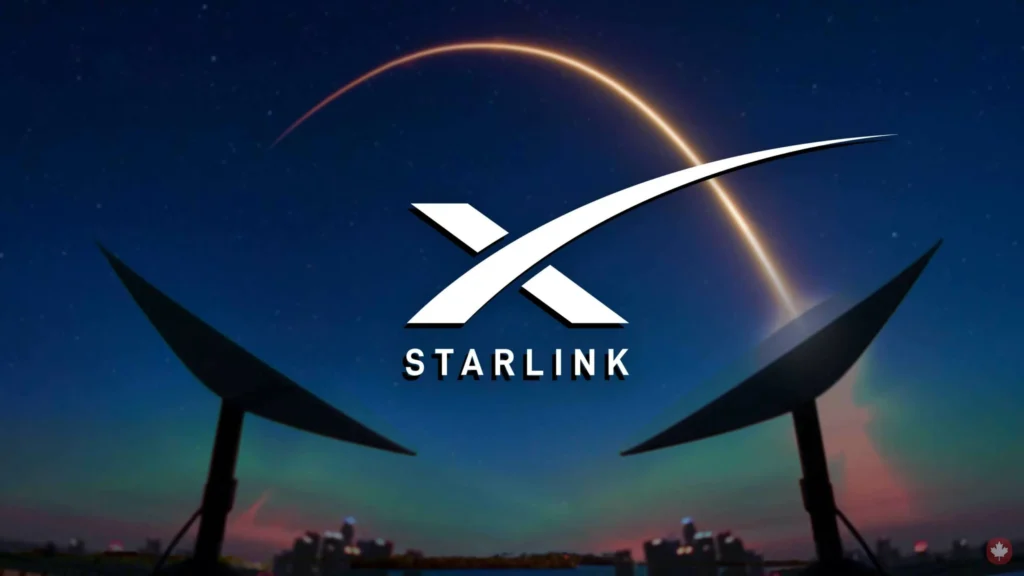On January 30, 2023, Nigeria officially became the first African nation to receive Starlink, the satellite internet service developed by Elon Musk’s SpaceX. This landmark move followed Nigeria’s approval of Starlink’s operating licenses in May 2022, granting the company permission to provide internet services under the names International Gateway and Internet Service Provider (ISP). The rollout positioned Nigeria as a regional pioneer in next-generation broadband technology.
High-Speed Internet Reaches Remote Regions
Starlink’s system operates using a network of low-Earth orbit satellites capable of delivering internet speeds ranging between 50 Mbps and 200 Mbps. This makes it an ideal solution for rural, hard-to-reach areas where fiber optics or mobile networks remain limited or unreliable. The service, now active in over 47 countries, had already surpassed 400,000 global users by early 2023 and continues to expand rapidly.
Government Broadband Target Surpassed
The Nigerian government, through the Ministry of Communications and Digital Economy, confirmed that the Starlink launch played a critical role in exceeding the country’s National Broadband Plan. Initially set to reach 100% broadband coverage by 2025, the target was met ahead of schedule, highlighting the strategic importance of satellite internet in boosting nationwide digital inclusion.

Pricing and Market Reaction
Initially, the Starlink kit cost approximately $600, with a monthly subscription fee of $43. However, pricing quickly became a concern for many Nigerian users due to exchange rate fluctuations and the dollar-based payment system. Over time, consumers raised concerns about affordability and the difficulty of making international payments under Nigeria’s strict foreign currency policies.
User Experience: Speedy but Pricey
Early users praised the speed and reliability of Starlink’s internet service, especially in remote locations previously underserved by existing providers. Nevertheless, many expressed frustration over the high setup costs, inconsistent connectivity in certain regions, and the withdrawal of the more affordable “Mobile – Regional” plan, which had offered greater flexibility. In addition, transaction limits on Nigerian debit cards made subscription renewals a recurring challenge for some users.
Expansion Beyond Nigeria: Airtel Partnership
Starlink’s success in Nigeria has sparked broader ambitions. In May 2025, SpaceX signed a partnership agreement with Airtel Africa to bring Starlink’s satellite service to several other African countries. The collaboration aims to deliver high-speed internet to rural and underserved communities across the continent, bridging long-standing digital infrastructure gaps.
Transformative Potential for Africa
Nigeria’s Starlink rollout underscores the transformative potential of satellite broadband in Africa. From improving access to education and healthcare to empowering small businesses and remote workers, Starlink offers a scalable solution to the continent’s persistent connectivity challenges. However, to realize its full impact, issues such as pricing, payment access, and local support must be addressed.
Key Facts at a Glance
| Category | Details |
|---|---|
| Launch Date | January 30, 2023 |
| African First | Nigeria is the first African country to activate Starlink |
| Internet Speeds | Between 50 Mbps and 200 Mbps |
| Licensing Secured | May 2022 – ISP and International Gateway licenses approved |
| Hardware Cost | ~$600 (subject to exchange rates) |
| Monthly Subscription | ~$43 USD/month |
| Common Complaints | High cost, foreign payment issues, plan restrictions |
| Regional Expansion | Airtel Africa partnership announced in May 2025 |
Final Thoughts
Starlink’s arrival in Nigeria marks a major milestone in Africa’s digital transformation journey. By leveraging satellite technology, the country has extended high-speed internet access to previously neglected areas, closing the connectivity gap and fostering greater inclusion. While pricing and payment obstacles still pose challenges, the foundation for long-term impact has been laid. With regional partnerships already underway, Starlink may soon redefine internet access across Africa.







